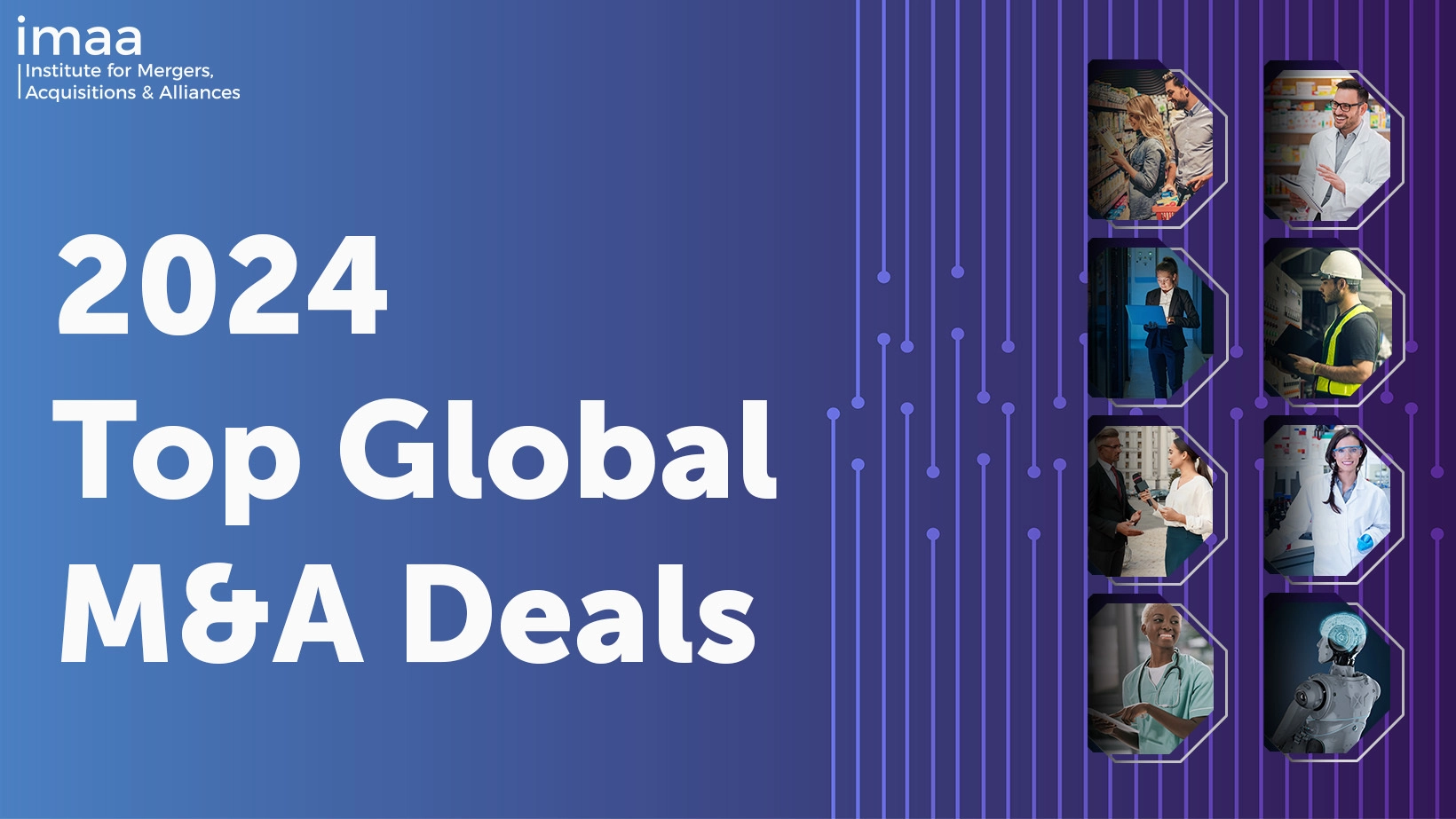Carve-Outs, Spin-Offs, and Divestitures Shaping the Future of M&A
Mergers and acquisitions, a staple in the business world, represent the consolidation of companies or assets, often aiming to achieve growth, enter new markets, or
Articles China on a European shopping spree: acquisitions to hit new record
SHARE:
China on a European shopping spree: acquisitions to hit new record
In Europe, when nerves are frayed and hopes are low, the Chinese shop for deals.
Chinese state-owned and private firms have over the past two years been targeting European companies, whose valuations have been dropping in the midst of the euro-zone crisis. In terms of volume, Western Europe is now their top target. The total number of Chinese acquisitions in Europe is expected to reach a record 55 at the end of this year according to the Institute of Mergers, and Acquisitions and Alliances (IMAA), a think tank based in Vienna.
A slowdown in China’s economy has meant that Chinese overseas investment is not growing as fast as expected. But it also means Chinese firms are looking for new markets abroad, as well as the business and technological savvy needed to help them focus less on exports and more on domestic consumption. Hoping that the Chinese will eat more cereal, the country’s Bright Food’s food conglomerate bought a 60% stake in the iconic British cereal company Weetabix for £1.2 billion ($1.9 billion) in May.
And because of Europe’s own slowdown, the Chinese are finding bargains: While the number of deals is up the total value of the transactions has dropped to €6.75 billion ($8.8 billion), from €9.4 billion in 2011. “Companies in Europe are cheaper than ever… so it certainly is a good moment to make good deals,” Kummer says. Slightly more than half of Chinese deals abroad are still in natural resources, but 95% of its industry and services purchases in the second quarter of 2012 took place in Europe.
Slumping growth in the eurozone is also prompting some European governments to privatize national assets and in several cases sell them to Chinese buyers, according to a 2012 report by Squire Sanders, a legal practice, and mergermarket, a mergers-and-acquisitions analysis service. China Three Gorges Corporation bought a 21.35% stake in Energias Portugal from the Portuguese government in December 2011 for €2.69 billion.
Chinese acquisitions have also been in European infrastructure. In January, China Investment Corporation bought an 8.7 % stake in a consortium that controls the United Kingdom’s Thames Water, the country’s largest water and sewerage company. No purchase price was named but some analysts estimate it cost at least £500 million.
And out of all of Europe, the UK has become the top destination for Chinese acquisitions. This is partly because the country has been less sensitive (paywall) to Chinese investment than the United States and even much of Europe, especially in sectors with national-security implications, like energy. “The UK traditionally has been very open to welcoming investment… in sectors that elsewhere would be considered very risky,” says Thilo Hanneman, research director of the research firm Rhodium Group. Nonetheless, Chinese investment in nuclear power is still a touchy subject in Britain.
A few recent and proposed deals:
A yet-to-be-named European bank
Chairman Wang Hongzhang of China Construction Bank, the country’s second ranked bank by assets, has said the bank is planning to spend ¥100 billion ($15.8 billion) on a 30% to 50% stake in a a bank in Germany, France, or the United Kingdom.
Some say likely candidates are partially nationalized banks with an international presence like the Royal Bank of Scotland or Germany’s Commerzbank. Others say the deal is unlikely to go through at all.
British nuclear power plants
A Chinese-backed consortium including state-owned China Guangdong Nuclear Power Holding Co Ltd has been in talks to buy into the UK’s Horizon nuclear project, a plan to build 6 gigawatts of nuclear power-generating capacity in the country at a cost of £15 billion.
The London Metal Exchange
After a year-long bidding process Hong Kong Exchanges and Clearing Ltd bought the London Metal Exchange for £1.38 billion in August. The deal sets China up to be the world’s most important player in the gold and commodities markets.
British officials defend the deal against critics who say the Chinese leader could use the exchange to manipulate prices. China is a top metals consumer.
North Sea oil
In July, Sinopec, China’s largest petrochemical and energy firm by revenues, bought 49% of the UK assets of Calgary-based Talisman, a global oil and gas exploration and production company. Though the company is Canadian, The £968 million deal gives Sinopec access to the oil fields in the North Sea.
The deal could be just the start of Chinese expansion in the area. Shareholders of Nexen, another Calgary-based oil and gas company and major oil producer in the North Sea agreed to a $15.1 billion takeover bid by Chinese state-controlled group CNOOC. The deal faces political hurdles in Canada, though, as well as in the US, where regulators are examining it because Nexen also has assets in the Gulf of Mexico.
A satellite company
China Investment Corporation, one of the world’s largest sovereign wealth funds, agreed to buy a 7 % stake in satellite fleet operator Eutelstat Communications of Paris for €385 million.
A forklift maker
In one of the biggest Chinese acquisitions in Germany, state-controlled Shandong Heavy Industry Group-Weichai Group bought a minority stake (paywall) in the forklift maker Kion Group GmbH for €738 million. It’s the second time the Chinese construction-machinery company has made a big European purchase: In January, it bought a 75 % stake in Italian yacht maker Ferretti for €178 million.
Mergers and acquisitions, a staple in the business world, represent the consolidation of companies or assets, often aiming to achieve growth, enter new markets, or

IMAA’s 2024 Top Global M&A Deals industry coverage offers an overview of the year’s most significant M&A transactions across eight key industries. This monthly M&A

Explore the transformative journey that mergers and acquisitions activity is bringing to the sports industry. The Institute for Mergers, Acquisitions, and Alliances (IMAA) dataset on
Stay up to date with IMAA Institute company news
Trainings
© Institute for Mergers, Acquisitions and Alliances
In order to become a charterholder you need to complete one of the IMAA programs